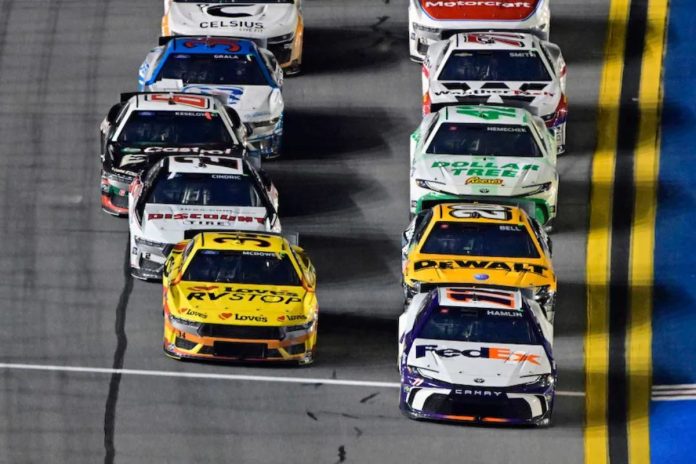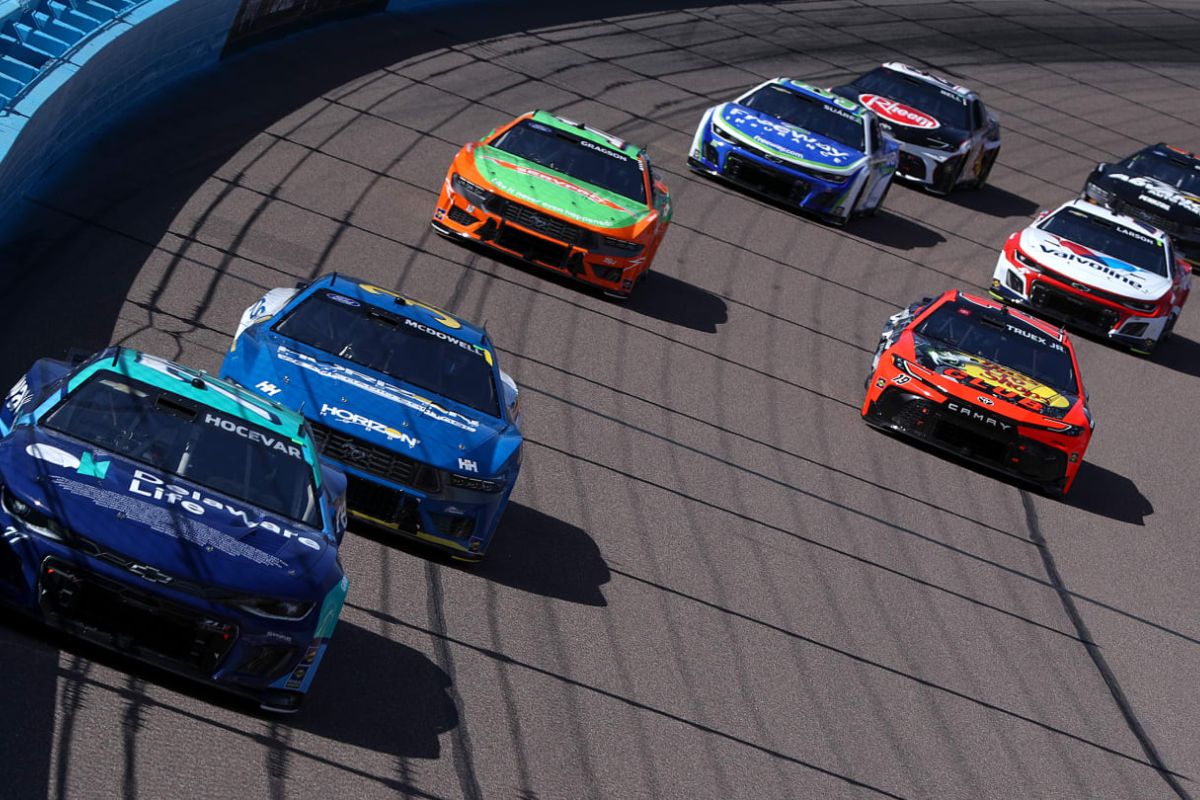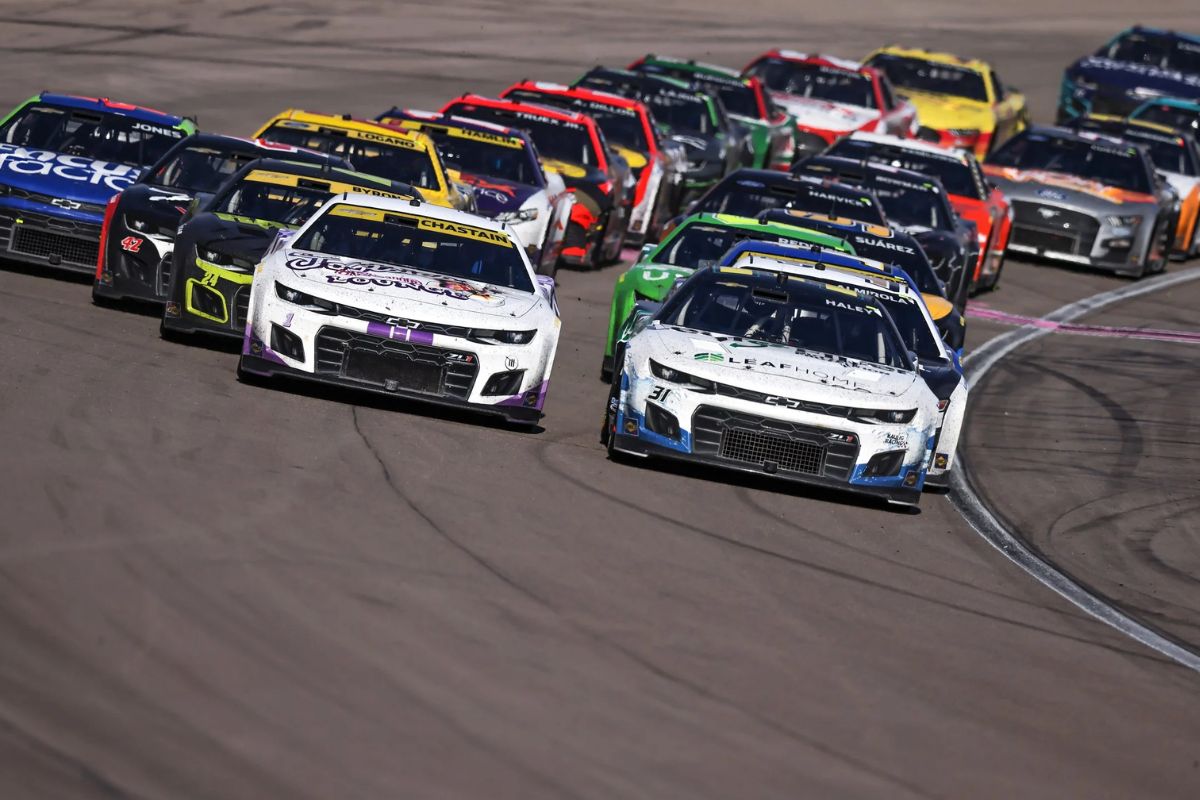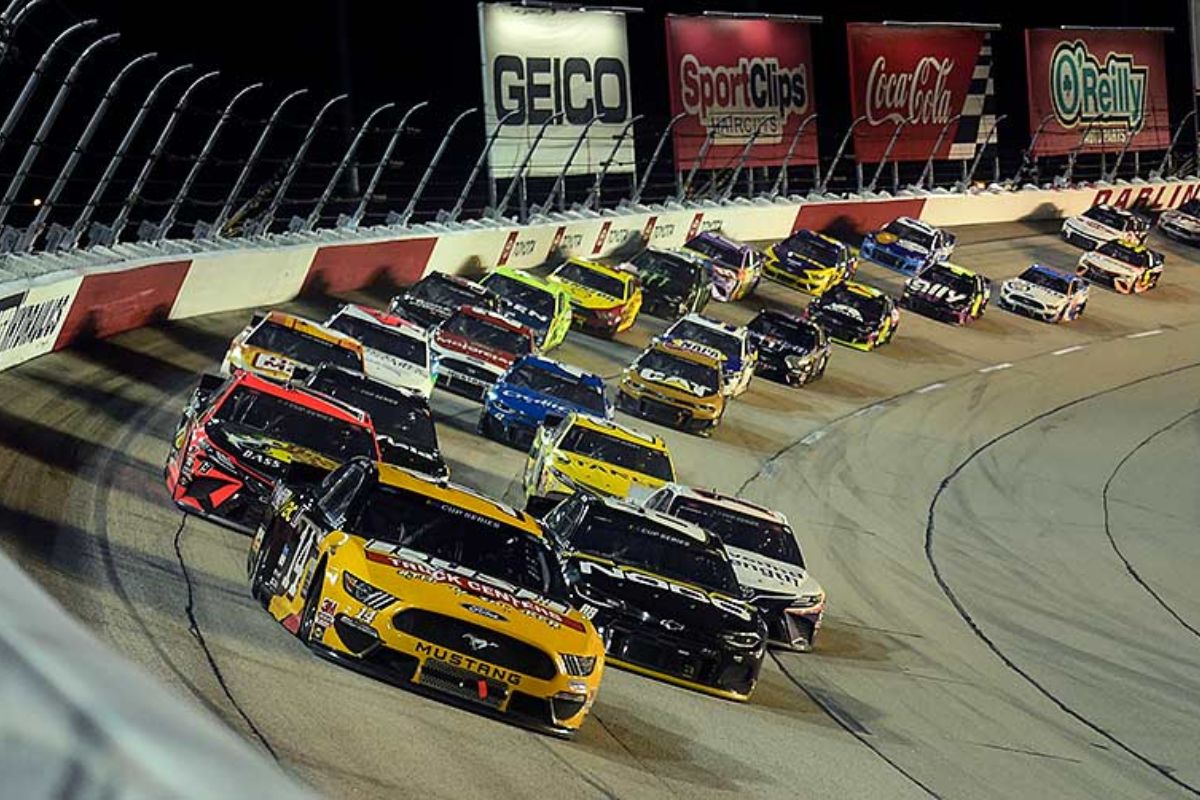Team Owners Win Charter Negotiations: In the recent turn of events, NASCAR team owners have successfully renegotiated the terms of the charter system, marking a significant shift in the sport’s power dynamics. This development has been described as a strategic retreat by NASCAR, which has traditionally held tight reins over the rules and structure of racing. With team owners gaining increased influence, there is speculation about how this will affect the sport’s integrity and the competitive equilibrium. The owners argue that this new autonomy will allow for better adaptability and growth, but detractors worry it may lead to disparities that could undermine the sport’s core values.
Key Takeaways
- Team owners secured more control in decision-making, shifting some governance power from NASCAR.
- Permanent charters were likely agreed upon, ensuring long-term team stability.
- The new agreement may permit family members of NASCAR owners to hold team charters.
- Teams negotiated for a larger share of media rights revenue, enhancing financial sustainability.
- The charter system’s loopholes are set to be addressed, reducing conflicts of interest and increasing transparency.
Negotiations Surrounding NASCAR’s Charter Agreement
Negotiations surrounding NASCAR’s charter agreement have reached a crucial point, with team owners seemingly poised to secure favorable terms. This critical moment signifies more than just another contractual renewal—it represents a significant moment in the evolving landscape of motorsport governance. The discussions leading up to this point have been marked by strategic positioning and intense deliberations, as team owners harness their collective influence to shape the future operational framework of NASCAR.
The crux of these negotiations lies in balancing the power dynamics between NASCAR and the team owners. Historically, the charter system was implemented to provide teams with increased financial stability and a guaranteed spot in races, thus encouraging investment and long-term planning. However, the stakes are higher now as team owners push for more substantial control over decision-making processes and a larger share of the sport’s revenue streams. Their potential ability to secure these terms could fundamentally alter the competitive and financial landscape of NASCAR.
The ongoing negotiations also highlight the importance of the charter system in maintaining a viable economic model for all stakeholders. Team owners are not just negotiating for better terms; they are advocating for a system that can adapt to the evolving demands of sponsors, fans, and broadcasters. With NASCAR’s viewership demographics and technological integrations at play, the outcome of these negotiations will likely influence strategic decisions well beyond the racetracks.
Potential Tweaks to Charter System
As discussions intensify, one notable proposal on the table is the potential adjustment to the charter system that would allow NASCAR owners’ family members to either compete in or own parts of a team. This proposed tweak, though aimed at enriching the familial legacy within the sport, has sparked a complex debate among existing teams and stakeholders. Critics argue that such an amendment could skew the competitive balance, potentially paving the way for nepotism and diluting the ethos that NASCAR has long endeavored to uphold.
Proponents, however, see this adjustment as a progressive step that could energize the sport by integrating a deeper sense of community and continuity among team ownership and the racing fleet. They argue that allowing family members to have a stake could foster commitment and long-term investment in the teams, which might lead to greater stability and growth in the sport. Additionally, it could serve as a catalyst for nurturing talent within the familial lines, thereby preserving racing expertise and passion through generations.
.@NASCAR told teams last week that they can expect to see a full, papered version of its charter system offer covering 2025-2031 in the coming handful of weeks (the current agreement is 80+ pages).
🔲 Some teams could sign the offer in the coming months. https://t.co/80sSnhEcuB
— Adam Stern (@A_S12) May 7, 2024
However, the resistance from several team factions—including Michael Jordan, the NBA legend—highlights a broader concern regarding the potential for unequal opportunities and the risk of creating insular power dynamics within NASCAR. The core of the debate centers on finding a balance between fostering a family-oriented environment and maintaining a level playing field where team ownership and participation are determined by capability and resources rather than lineage.
As NASCAR continues to navigate these discussions, the outcome will profoundly shape the future governance of the sport, influencing both its structure and its spirit. The decision must carefully weigh tradition against modern sporting fairness, ensuring that any amendments to the charter system strengthen the integrity and competitiveness of NASCAR.
Current Charter System and Loopholes
The current charter system in NASCAR, set to expire at the end of 2024, contains several loopholes that could potentially be exploited by stakeholders not directly involved in day-to-day operations. One notable loophole is the possibility for a member of the France family, who are not actively managing NASCAR Holdings, to acquire a charter. This could represent a significant conflict of interest, particularly as the intrinsic value of these charters continues to rise due to the sport’s growing commercial appeal.
The mechanism through which these charters are allocated and managed does not currently prevent such acquisitions, which could lead to a concentration of power and influence within a limited group. This scenario not only raises questions about fairness and competitive balance but also about the transparency of charter transactions. The lure of financial gain could overshadow the foundational principles of competition and equity that NASCAR has long endeavored to uphold.
Furthermore, the lack of stringent regulations on the transfer and sale of charters opens the door for speculative investments. Financial entities or individuals could potentially purchase charters as mere financial instruments, rather than for the competitive and operational advancement of the sport. This could lead to a marketplace where charters are traded primarily for profit, rather than for enhancing the competitive dynamics of the races.
Push for Permanent Charters
The push for permanent charters stems from a desire for increased stability and predictability within the sport. Teams and owners, including Denny Hamlin seek to secure their competitive and financial positions long-term, minimizing the uncertainties that come with periodic renegotiations of charter terms. With permanent charters, teams can better strategize their investments, development, and talent acquisition, knowing their place in the sport is secure.
The current system, which requires renegotiation of charters every few years, introduces a level of risk and instability that can be particularly challenging for smaller teams. These teams often struggle with financial planning and long-term investments due to the uncertain nature of their participation in top-tier races. Permanent charters would potentially level the playing field, offering these smaller outfits a more predictable platform from which to operate and compete.
Although the feasibility of implementing permanent charters in the upcoming 2025-2031 cycle appears low, the continued push from teams highlights their critical importance. It reflects a strategic vision that prioritizes long-term stability and growth over short-term gains, ensuring NASCAR remains vibrant and competitive in the evolving landscape of motorsports.
Financial Considerations and Revenue Distribution
After discussing the push for permanent charters, it is important to delve into how financial considerations and revenue distribution impact NASCAR teams’ operations and sustainability. The economic model underpinning NASCAR’s charter teams is intricate, highlighted by their varying abilities to secure funds. Each team receives a payout for every race they participate in, but this distribution is heavily skewed towards race winners, heightening the financial disparity among teams. The baseline payout, while substantial at approximately $9 million per team, often falls short of covering the high operational costs associated with competitive racing. Consequently, many teams find themselves heavily reliant on sponsorship deals to simply break even.
The upcoming media rights agreement, which is set to begin in 2025 and expected to generate around $1.1 billion annually until 2031, presents a potential financial windfall for the teams. This represents a 34% increase over the previous deal, highlighting the growing commercial value of NASCAR as a sport. Despite this, the current revenue-sharing negotiations remain contentious. Teams are advocating for an increased share, proposing to receive 45% of traditional media revenue and 33% of new media revenue streams. This change in financial distribution could greatly alter the economic landscape of NASCAR, providing teams with a more sustainable income base.
However, the lack of transparency surrounding NASCAR’s own earnings complicates these negotiations. Without a clear understanding of the total revenue, teams are navigating a murky negotiation process, where the stakes involve not just their competitive future, but their very viability. Therefore, the resolution of these negotiations will be crucial in shaping the economic contours of NASCAR’s ecosystem.
News in Brief: Team Owners Win Charter Negotiations
The recent success of team owners in NASCAR’s charter negotiations marks a significant shift in the sport’s governance structure. This development potentially redefines the competitive dynamics and financial frameworks within NASCAR.
By securing more influence in decision-making processes, team owners aim to foster greater stability and investment in the sport. However, this shift necessitates careful monitoring to guarantee it does not compromise competitive balance or the inclusivity of new entrants, thereby preserving the sport’s integrity and long-term viability.
Our Reader’s Queries
Q. Why does NASCAR have charters?
A. In 2016, NASCAR unveiled the introduction of charters, with the stated aim of recognizing and rewarding teams demonstrating consistent race participation. The selection process for charters involved an evaluation of team engagement and performance over the preceding three years. Ultimately, NASCAR allocated 36 charters to what it deemed as the thirty-six teams embodying a fundamental level of commitment aligned with the sport’s objectives.
Q. How does a NASCAR charter work?
A. A Charter serves as a guarantee for entry into every NASCAR Cup Series points race, ensuring teams a share of the purse. Additionally, teams have the option to sell their Charters on the open market. Moreover, Charter owners retain the right to transfer their Charter to another team for a full season, with this transfer option available once within the initial five years of the agreement.
Q. Can you race in NASCAR without a charter?
A. In the context of races typically featuring 40-car fields, the presence of Charters means there are four slots designated for non-charter holders, commonly referred to as at-large slots.
ALSO READ: NASCAR Open to New Cup Series Owners, Bending Charter Rules





